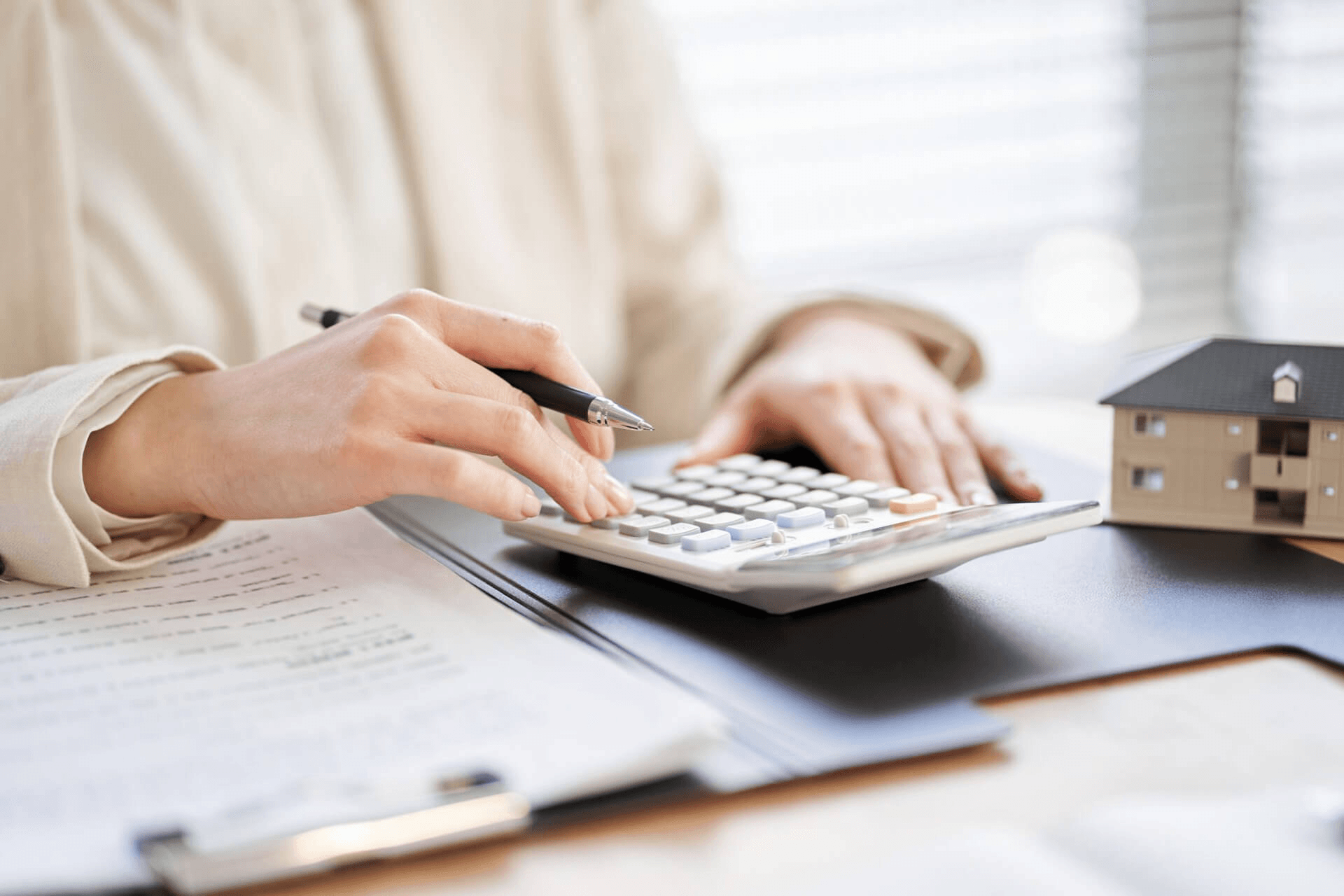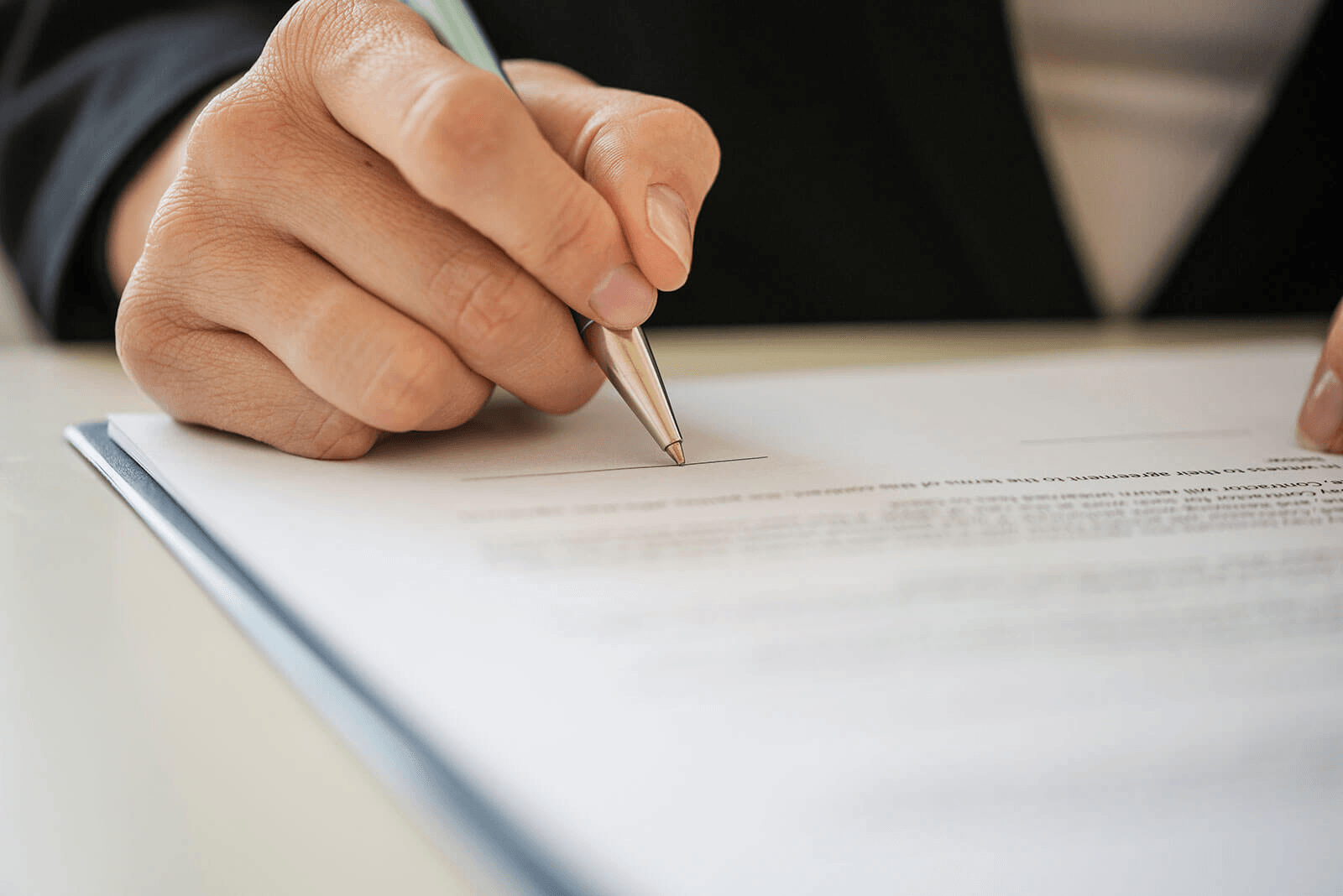Who pays for what in a rented apartment


When renting a home, most tenants are concerned about who will pay for what? While rent is the tenant's responsibility, other expenses need to be sorted out before moving in. Utilities, minor repairs in the apartment, broken appliances, major repairs - it is better to decide at once who and what expenses will be borne by the tenants. The ideal solution is to fix all this in the lease agreement. This will help to avoid disputes in the future.
What utilities does the tenant pay for and what should the tenant not pay for?
The cost of basic utilities is in most cases covered by the tenants. The process of paying gas, electricity and water bills can be undertaken by either the landlord or the tenants themselves. Both options are common and take place as follows:
If there are no meters in the apartment, consumption is calculated according to the norms. When renting out housing, the owner simply adds a fixed amount for utilities to the rent. Tenants pay the rent monthly, and the landlord pays for the "utilities" from the money received;
If the apartment has meters, both tenants and the landlord can pay. When the meters are read, tenants can calculate the total amount of utilities and send the payment to the owner along with the rent. Then the owner makes the payment of the bills himself. It is also common in Ukraine for tenants to take meter readings and make their own monthly payments for electricity, gas and water. In this case, the owner of the apartment can also reissue the utility bills to the tenant's name (this option is suitable for long-term leases of 1 year or more).
If the apartment does not have meters, tenants can ask the owner to install them. If consumption is economical and meters are available, utility bills are noticeably lower than if you pay according to standard rates. However, not all apartment owners are ready to meet the needs of tenants. The only thing left to do is to negotiate and ask them to pay for the installation of meters from the rent.
Are there any utilities that a tenant does not have to pay for? If, when moving into an apartment, it turns out that there are other people's utility debts, the new tenant is not obliged to pay them. In this case, you can agree with the landlord that the utility debts will be paid off against the rent if the landlord cannot pay them for financial reasons.
Since water, gas and electricity are consumed by the tenants themselves, it is logical that they pay for the utilities. But there are other additional costs that the tenant does not always have to pay for. This can be internet, television, intercom, security, parking space, etc. The tenant can refuse some of the services if they are not needed. For example, if the tenants don't have a TV set, it makes no sense for them to pay for cable TV. No car? Then you don't have to pay for parking.
Who has to pay if something breaks in a rented apartment?
When you move in, it is in the tenant's best interest to check that appliances, plumbing and furniture are in good working order. If this is not done and something breaks, the landlord may blame the tenants for the damage. Therefore, in addition to the lease agreement, the tenant must also sign an acceptance certificate upon moving in.
It is best to discuss who will pay for broken appliances in a rented apartment with the landlord in advance. An air conditioner or refrigerator may break down not through the tenant's fault, but simply because it has reached the end of its useful life. It does not hurt to specify such points in the contract. Not all landlords know that, according to Article 819 of the Civil Code of Ukraine, the repair of broken appliances, plumbing or furniture is provided at the expense of the tenant, unless otherwise specified in the contract. Therefore, it is in the tenant's interest to discuss options and record them in writing.
What are some ways to deal with broken appliances and furniture in a rented apartment:
the owner buys new furniture or appliances on his or her own, but this may be a reason to raise the rent;
The repair of broken furniture or appliances is equally shared by both parties, i.e. 50% is paid by the tenant and another 50% is paid by the landlord;
new furniture or appliances are bought in payment for the rent of the apartment;
tenants buy new appliances or furniture on their own, but they own it and can take it back when they move out.
Who pays for current and capital repairs in a rented apartment?
If the apartment is in poor condition or there is a force majeure, for example, the neighbors flooded the apartment, repairs may be necessary: re-wallpapering, painting the ceiling or walls, replacing the flooring, etc. If it is a rental property, the question arises who should pay for repairs - the landlord or the tenant?
According to Article 819 of the Civil Code of Ukraine, major repairs of a rented apartment must be carried out by the owner, unless otherwise specified in the contract. Future tenants should carefully study the contract before signing it in order not to accidentally assume obligations to repair the apartment.
If the tenants simply want to update the wallpaper at their own expense, they can do so, but only after prior agreement with the landlord. Otherwise, such actions will be considered illegal and may result in the lease being broken and the tenants being charged the deposit.
Some landlords are against tenants making repairs or even rearranging the apartment themselves. To avoid conflict situations, it is necessary to discuss all the points before moving in and specify them in the contract. In the economy segment there is often a variant when tenants make cosmetic repairs at the expense of the rent. But this should also be specified in the rental agreement.
How to avoid conflicts when dividing expenses between a tenant and a landlord
The Civil Code of Ukraine regulates the relations between the landlord and the tenant. However, you should not rely only on it. It is best to fix the obligations and rights of both parties with an appropriate contract. In case of a conflict situation, law enforcement authorities will not take into account any verbal agreements, whereas a properly executed lease agreement will have legal force.
A lease agreement is drawn up in two copies: one for the landlord and one for the tenant. As a result, each party has a document where all financial nuances are recorded in writing, i.e. who is obliged to pay for what.
Before drafting and signing a lease agreement, you should discuss all the nuances. It is important to try to provide for all possible expenses that may arise during the lease: utilities, additional expenses (parking, concierge, security, etc.), force majeure, maintenance and major repairs, etc. If you clearly specify all the nuances in the contract, conflict situations will be avoided. Otherwise, the landlord may refuse to pay for anything and may demand to vacate the apartment altogether.
In the real estate agency "Mayak" there is a legal department, thanks to which the clients always have the opportunity to get correctly executed documents. When renting an apartment through a realtor of the agency, a lawyer is also included in the work. The specialist draws up a lease agreement taking into account the requirements and wishes of both parties: the tenant and the landlord. A properly drafted document allows you to avoid disputes and conflicts in the future when renting an apartment. It will clearly state who should pay for what during the entire period of renting the apartment.



